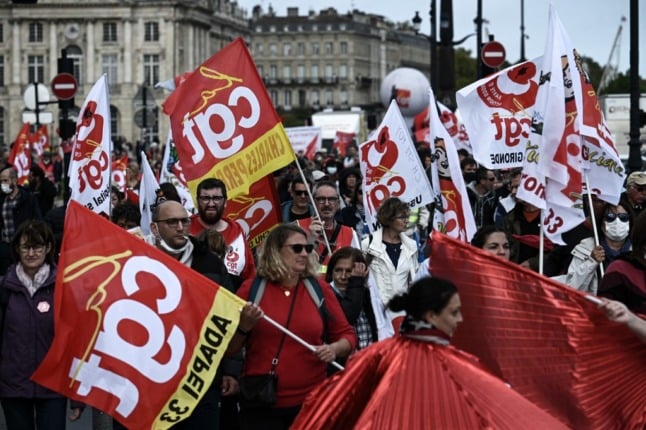The president had declared in December that he wanted the French to “work longer”, and has repeated the message twice, firstly in his open letter to the French people in which he finally declared his candidacy for the Elysée, and secondly at a meeting involving a number of elected officials who had signed letters of sponsorship in his favour to allow him to run for a second term.
According to one person at that meeting, Macron said that he intended to bring “an ambitious pension reform for a social model that holds, […] but which also requires an investment for solidarity between generations and a project for the ‘autonomy’.”
And Attal confirmed the progressive pull back of the retirement age in an interview on RTL this morning.
🔴 #Retraite : Emmanuel #Macron proposera dans son programme un report progressif à 65 ans, confirme @GabrielAttal dans #RTLMatin avec @VenturaAlba ⤵️ pic.twitter.com/Zxm1jyXeJv
— RTL France (@RTLFrance) March 10, 2022
The current official retirement age in France is 62, although workers in many industry including train drivers have ‘special regimes’ that allow them to retire earlier, in some cases from 55.
During his first term, Macron proposed a reform that simplified the system and got rid of the special regimes. Retirement age remained at 62, although a full pension was only granted from 64.
Approved by Parliament despite two months of protests and strikes in 2019, the changes were in the end not rolled out because of the Covid-19 pandemic.
READ ALSO Macron: No pension reform in France before elections
But now-candidate Macron is set to push on with his plans and in fact expand them – including adding three years on to the working life of most French people, a policy in line with that of Presidential rival Valérie Pécresse.
President of the National Assembly Richard Ferrand, who will represent Emmanuel Macron during an audition of candidates before the CFDT on Thursday, is set to outline the plans in more detail.
Macron’s campaign team promised that pensions would be simplified under the reforms: the transition to 65 years will be rolled out over a 10-year period, and will be accompanied by a number of other reforms, including a new minimum pension of €1,100 per month for those who have a full work history.
In addition, Emmanuel Macron wants to remove “the main special regimes” including those of workers at RATP or EDF, Le Figaro has reported.
The paper added that France’s pensions bill was €327.9 billion in 2019, or 13.5 percent of GDP, and the pension pot was in deficit to the tune of €18 billion in 2020.



 Please whitelist us to continue reading.
Please whitelist us to continue reading.
Member comments